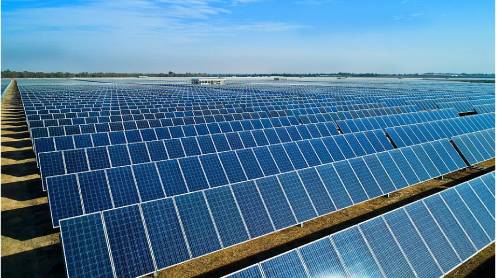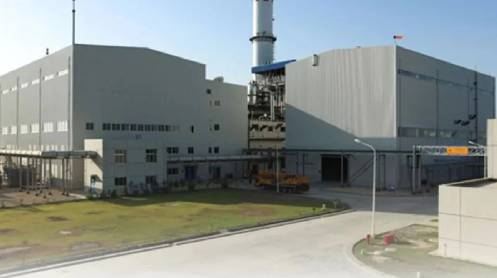LONDON, Dec 16: The UK government has set ambitious targets under its Clean Power 2030 Action Plan, aiming for a dramatic expansion of solar and battery energy storage systems (BESS) to support its net-zero goals. The plan, unveiled on December 13, 2024, outlines the addition of 30 GW of solar capacity by 2030, bringing the total to 45-47 GW, alongside a fivefold increase in BESS capacity to 22-27 GW.
Solar Energy Growth
The new solar targets align with recommendations by the National Electricity System Operator (NESO) and represent a doubling of the current capacity. While the plan cements solar as a key pillar in the UK’s future energy mix, industry experts, including Solar Energy UK, argue the targets fall short of the sector’s full potential. Solar could rival offshore wind, which is targeted at 43-50 GW, as the UK’s largest energy source by 2030.
Battery Storage and Flexibility
Battery storage will play a crucial role in ensuring grid flexibility. The plan includes provisions for 4-6 GW of long-duration energy storage (LDES) and strategies to incentivize consumer-led flexibility, such as reforms to electricity market settlements and vehicle-to-grid (V2G) services. A cap-and-floor scheme for LDES is expected by mid-2025, alongside reviews of charges and permitting regulations for both grid-scale and home batteries.
Market and Infrastructure Reforms
The government is exploring changes to the Capacity Market, including pathways to decarbonize gas plants and expand contracts for carbon-capture-ready facilities. Offshore and onshore wind planning reforms aim to accelerate project approvals by raising thresholds for government intervention and streamlining legal challenges.
Connection queue reforms by the National Electricity System Operator (NESO) will prioritize projects with advanced development status, ensuring faster integration of renewable capacity into the grid.
State-Backed Investment
A newly established state-owned company, Great British Energy (GBE), will spearhead renewable energy projects, leveraging public lands and assets to reduce investment risks and accelerate project timelines. The government anticipates GBP 40 billion ($50 billion) in annual investments and significant job creation as part of its clean energy transition.
Balancing Costs and Growth
The plan aims to meet annual electricity demand with clean power by 2030 while maintaining 35 GW of unabated gas capacity for backup during peak demand. However, with UK electricity prices among the highest in Europe, reducing costs for households and businesses remains a critical challenge.
Solar Energy UK’s Chris Hewett emphasized the alignment between economic growth and clean energy transition, stating, “There is no path to the government’s growth strategy that doesn’t go through the clean energy transition.”
The Clean Power 2030 Action Plan represents a significant step in the UK’s journey toward energy security and sustainability, though questions remain about affordability and implementation timelines.





